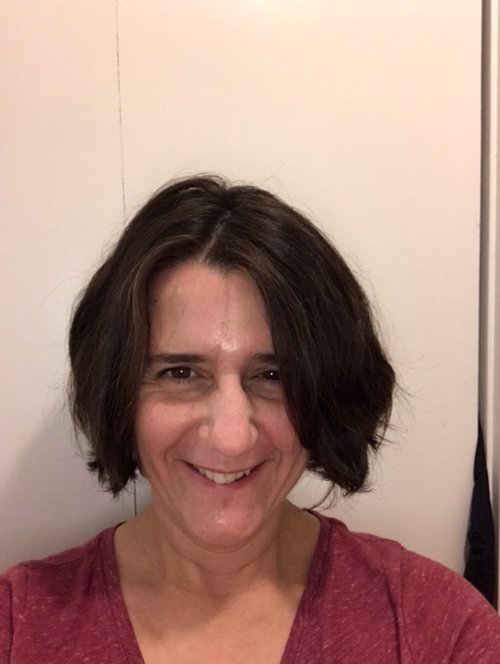California Girl
There are a few rules to being me, but two of the most important relate to home.
If I am ever in the car, and the songs Hotel California or California Girls come on the radio, I do not leave the car until the song is over. It doesn’t matter if I am at work and a meeting starts in ten minutes. It does not matter how rushed I might be later on. I need to hear that haunting, eerie guitar solo in Hotel California. I need to hear the Beach Boys reminding me with their buoyant and bubbly 1960s optimism that they wish we were all California girls, and I sit there, filled with a nostalgic, glowing, hazy pride.
I am a California girl.
When Joan Didion died in December, I read a newspaper commentary asking why she was always going on about being a fifth-generation Californian. As a fourth-generation Californian on my father’s side, here’s the answer. There is something about staying rooted to where you and your ancestors were planted that nourishes you, and if you leave to move elsewhere, it will always stay with you. It will ache sometimes, like a phantom limb that has been amputated, like a truth you know but don’t have the opportunity to share.
My husband and I moved to Oregon over twenty years ago. California housing prices were out of reach for a couple just out of graduate school and we knew we could never afford to buy a house there. Everyone else wanted a piece of home, too.
I like my adopted state. I like its rugged, chilly coastline and Mt. Hood and Timberline Lodge. I like its progressive politics and quirky McMenamin’s hotels and Powell’s Books. And we have a house here, that on the micro, family level, has come to feel like home.
And in that house, I dream about my old home, my first home. I remember its crazy extremes, its sunny days and temperate nights, the way the Bay Area hills are green for only a few weeks in early spring before being baked wheat-gold by never-ending, perpetual drought. Everything there is meant to catch the eye, to quicken the pulse—the gold glittering in rivers, the stars shining on the Hollywood Walk of Fame and high above the world’s most enchanting forests and mountain ranges. You can inhale the misty breath of redwood trees, wander in fields of wildflowers, and marvel at the prickly weirdness of the Joshua trees. It is a heaven of natural and cultural diversity.
California lures you with its promises, its incomparable beauty, and then spends the rest of your natural life trying to kill you. The earthquakes are cosmic shrugs: See if I care. You have to be tough to survive. The land was here first, and you are just passing through.
I had to sell the last piece of home about seven years ago, when my uncle became too ill to stay in the house his parents had purchased sixty years before. That was back in the 1950’s, where a maid and a security guard with high school educations could buy a house. I sold it for the right reasons—to take care of their son. But it broke my heart to do it. Roots aren’t easy to come by. My family had lived in that town for almost one hundred years and had lived in various places in California for 135 years. Like many family members who love someone with dementia, I heard the phrase, over and over again, for nearly six years, “I want to go home.”
And it hurt every time I heard it.
You can move all your stuff. But some places will always remain a house. They will never be a home. A home takes time to grow.
My father had a bit of a superiority complex about being from Northern California. He would rant and rail about the people living in Southern California, how they were scheming and conspiring to take all of our precious water. Much later on, I learned that some people wanted to divide the state somewhere around Sacramento and re-name it the State of Jefferson. I don’t know if he knew about these people and their plan, but he would have approved.
When my father died, my mother and I had to drive his ashes through Southern California before burying them in a national cemetery in Central California. All the way through LA, the same thought kept running through my head: Sorry, Dad. He would not have been happy if he had known.
Joan Didion wrote, “A place belongs forever to whoever claims it hardest.” That’s true. You don’t have to live somewhere to have it remain home. You just have to listen to the songs about home, however optimistically cheesy they may be, and sing along. You just have to remember you were shaped from its soil and fed from its fields, even if you couldn’t find a way to stay because everyone else wanted to live in the most beautiful place in the world, too.
And can you really blame them?
-Heather Bartos
Heather Bartos lives near Portland, Oregon, and writes fiction, nonfiction, and poetry. Her writing has been published in Miniskirt Magazine, Fatal Flaw Literary Magazine, Stoneboat Literary Journal, Porcupine Literary, You Might Need To Hear This, and The Dillydoun Review, and upcoming in Scapegoat Review and The Closed Eye Open.

















